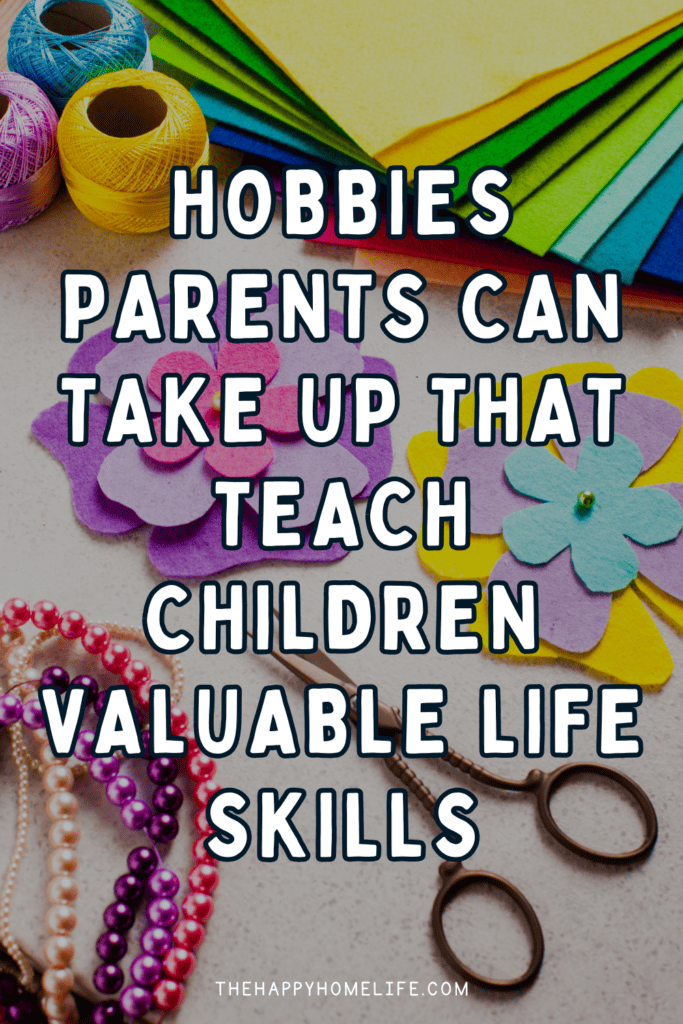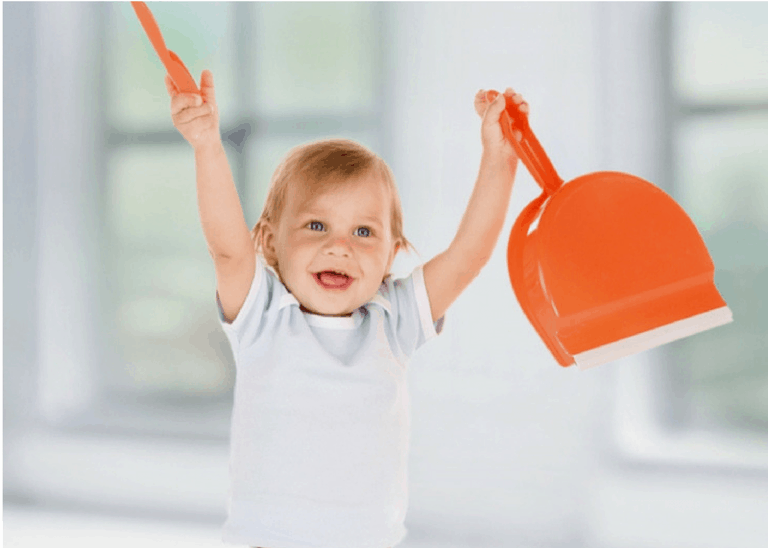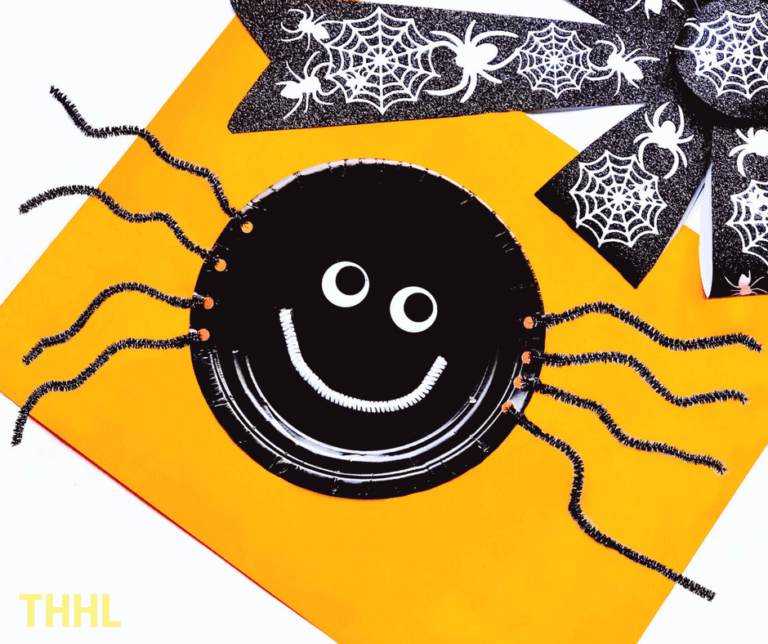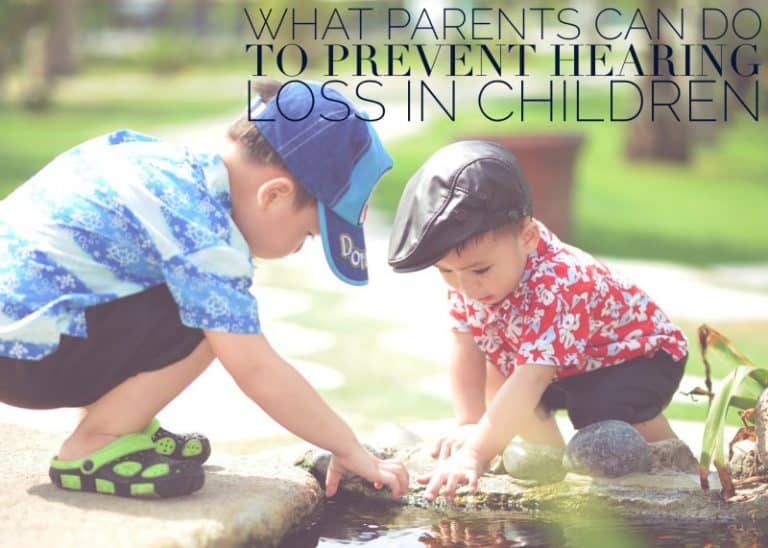Ever wondered how you can combine your hobbies with teaching your little ones some essential life skills? Hobbies aren’t just for relaxation but also for imparting vital life lessons to your children.

Gardening: Cultivating Patience And Care
Have you ever considered planting some flowers or veggies with your kids? Gardening isn’t just about pretty blooms or fresh produce.
It’s a hands-on lesson in patience, nurturing, and the science of life. When your kids see a seed sprouting into a plant, they learn about growth, care, and the beauty of nature.
So if you’re looking for ways to teach the little ones about patience and the hard work that goes along with caring for another living object then consider starting a little garden or get a couple of indoor plants for them to care for throughout the winter.
How does gardening help in real life?
Gardening instills the value of delayed gratification. Your child learns that not all rewards are instant; some require dedication and patience.
Plus, there’s a bonus: those fresh veggies and fruits? Perfect for teaching them about healthy eating habits!
Cooking And Baking: Mixing Fun With Nourishment
Ever thought of your kitchen as a classroom? Cooking and baking can teach measurements, time management, and the art of creativity.
Your children can experiment with flavors, understand the importance of following a process, and revel in the joy of creating something delicious from scratch.
But isn’t cooking complicated?
You don’t have to whip up a gourmet meal every time! Simple recipes, like making a sandwich or baking cookies, can be equally engaging and instructive.
And when your child serves a dish, they learn about sharing and the joy of giving. This is one of those skills that will also help your child to learn about healthier options and why cooking meals at home is better than the cheap take-out.

DIY Crafts: Boosting Creativity And Resourcefulness
Crafting is more than just an avenue for creativity. It’s about resourcefulness, innovation, and understanding the value of things.
Incorporating unique projects like creating custom chess boards not only adds a personalized touch to your home but also engages your strategic thinking and attention to detail.
When you repurpose an old jar into a decorative lamp or stitch together fabric scraps into a quilt, you’re teaching sustainability and the value of not being wasteful.
What about parents who aren’t naturally crafty?
Guess what? You don’t need to be an expert. Remember that embroidery project you started years ago that you successfully completed with the help of embroidery stabilizer backing to ensure the design held its form?
Maybe it didn’t turn out as perfectly as you would’ve hoped, but the process taught you perseverance and attention to detail. That’s what matters!
Photography: Capturing Moments And Building Observations
With smartphones, everyone’s become a photographer. But there’s more to photography than just point-and-click. It’s about observing the world, understanding perspectives, and capturing memories. You could even consider taking it a step further and teach them about the hard work that goes into editing the photos.
This will teach them that even once you’ve successfully completed the job at hand, there’s always a little more that can be done to round off the rough edges.
Do we need expensive equipment for this?
Absolutely not! A basic smartphone or a point-and-shoot camera will do. It’s less about the equipment and more about the vision. Let your child capture their day or a family outing.
Later, discuss what they observed and learned from their photographic adventures. It’s one of the best ways to teach your kids how to appreciate the smaller things in life and to see beauty in everything around them.
In conclusion, remember that every hobby, whether big or small, is a stepping stone to a valuable life lesson.
It’s about the journey, the bonding, and the skills you impart along the way. So, why not pick up one of these hobbies this weekend and see where the learning journey takes you and the kids?







